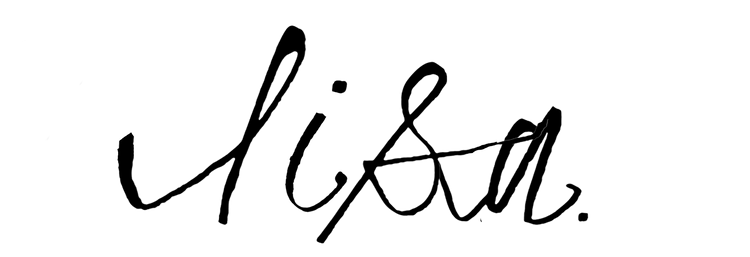COMPLETENESS
When it comes to feeling complete, psychoanalysis starts at the very beginning. Analysts like Marion Milner stress the womb as being the place where we are complete. One with the mother. Having all of our needs automatically met, swimming in the perfect temperature ocean. Similar to the state JOY guest Dr. Wallace Nichols finds in BLUE MIND. Milner describes this oceanic feeling of oneness, an inability to distinguish ourselves from our surroundings. A feeling that has more recently become known as flow. Here we are complete. Upon birth, we are pushed into a world where we must begin to understand our separateness from our mother, not having our needs automatically met. It can be said, after birth, our whole lives continue this understanding of separateness as we struggle to ask for what we need. I think about this idea a lot. And this is one of the many reasons I find psychology hilarious. We begin as a version of complete, whole, full, only to spend the rest of our lives trying to return to that feeling. That’s a total mind fuck, right?
When I think of feeling complete or whole, I remember friends talking about their family feeling complete after the addition of another child or pet. How we felt more complete after adding another dog to our pack last year, or how when my daughter was born it felt like I had been dreaming of her my whole life. Like complete can be a feeling and also something that is felt when we are called to fill a particular role.
Complete is also closure, or being full. Like when an album collection is complete, we complete graduation, a degree, or training. An ending or conclusion to a set of known circumstances.
It seems mostly though, we associate complete with happiness. To have lived a complete or full life we imagine success, love, adventure and ease, rather than loss, failure, and the mundane. When in actuality, the duality of these things are what creates wholeness. We wouldn’t know success without failure, love without loss, and ease without things being really, really hard.
So maybe complete is more than what we attach to it. Perhaps we view complete as an idea of perfect due to analytic theories that have us in oneness before birth, coming into this world with the loss of being cared for without want. Or maybe this idea is really a bookend. A true marker of wholeness, measured against the difficulty of being human. That life is hard, but measured against our perfect very first beginning, the very nature of its hardness afterwards is what makes us complete.
Listen to this episode of JOY IS NOW here.

Leave a comment